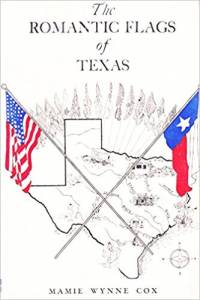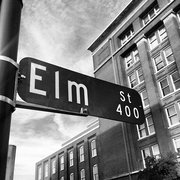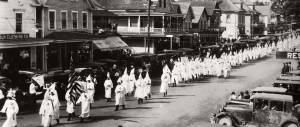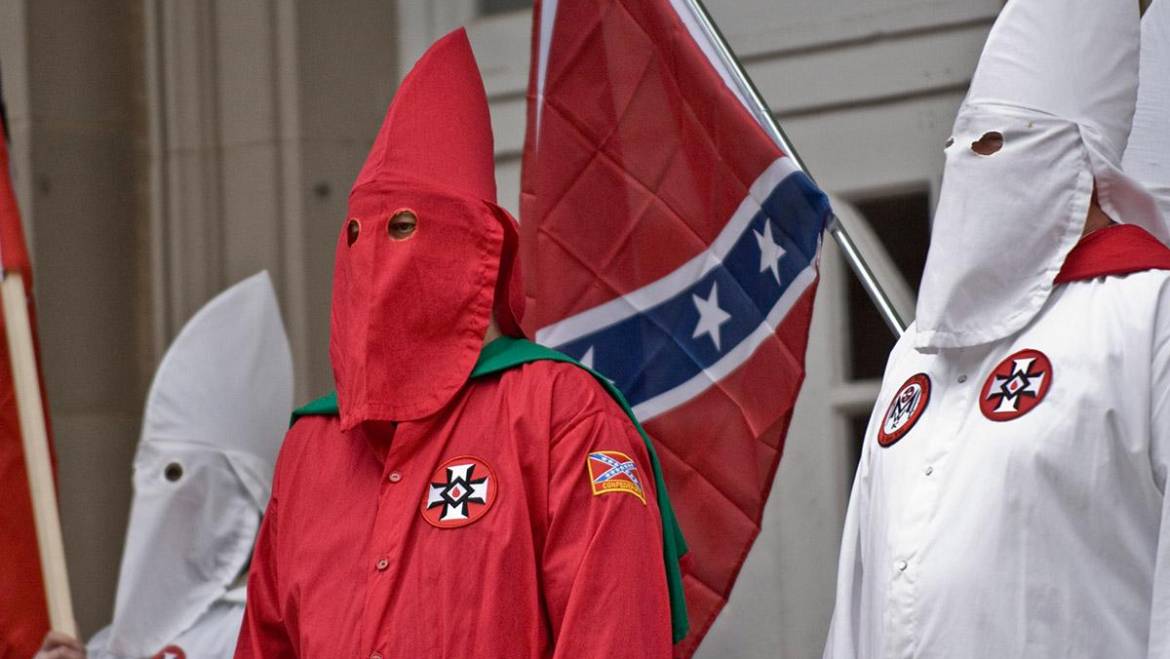While the present story pertains to my maternal grandfather, William Adair Cox (a.k.a. “Grandpop”), I will start by saying a few words about his mother (my great-grandmother, as you can probably surmise). Mamie Wynne Cox lived from 1867—two years after the conclusion of the Civil War—to 1955. She graduated from Sam Houston State Teachers College and became a writer of some renown, penning articles in newspapers in Huntsville, Temple, Houston and Dallas, and writing four books, most notably The Romantic Flags of Texas (1936). The literary, patriotic and press organizations to which she belonged included the Texas Folklore Society, the Daughters of the American Revolution, the Daughters  of the Republic of Texas, the United Daughters of the Confederacy, the Dallas Writers Club and the Texas Woman’s Press Association. She was an active and formidable woman, and it is said that she inherited much of her writing ability from her mother (my great-great-grandmother), Mary DeBarry Adair Wynne (1838−1922). The latter served one term as the UDC’s poet laureate.
of the Republic of Texas, the United Daughters of the Confederacy, the Dallas Writers Club and the Texas Woman’s Press Association. She was an active and formidable woman, and it is said that she inherited much of her writing ability from her mother (my great-great-grandmother), Mary DeBarry Adair Wynne (1838−1922). The latter served one term as the UDC’s poet laureate.
I know nothing about Grandpop’s father, William Davis Cox, other than his lifespan: 1862−1935. He may have been a writer—or a baker, or a butcher or a candlestick maker. Perhaps my grandfather felt some pressure to live up to the standards set by these two females. Born in 1887, he died in 1966. Although I remember him fondly, he was dissolute, relying on his wife (my grandmother) to bring in money. Katherine Jones Cox was a registered nurse for no fewer than 50 years. She worked, and he goofed off. He drank a lot and dabbled in writing and artistic projects. One room in their house at 227 South Lancaster Road in Oak Cliff functioned as his office. It was a fascinating place, chock full of papers, letters, drawings and related documents.
Most of that stuff was discarded in 1973 when Grandmother moved out of the old house and into a small apartment two miles away on Tenth Street. It was chosen because it sat directly across from Christ Episcopal Church, where she was an honored member for decades. I spent quite a bit of time in that apartment before her death in 2002. (To be very clear, at some point in the late 1980s Grandmother went to live at the Home for Aged Masons [since renamed the Texas Masonic Retirement Center] in Arlington.) A fraction of Grandpop’s belongings had been retained, stored inside a pair of boxes in her closet. I felt no guilt in rustling through them one day. On the contrary, I was interested in learning more about the life of this man who had been deceased for just over 10 years. I was then an aspiring writer with a newly minted history degree from the University of Texas.
Well, lookee here!
I was only mildly surprised when I came across a blank Ku Klux Klan membership form. All four of my grandparents were, to varying degrees, racist. For what it’s worth, we can take note of the above-stated connections to the United Daughters of the Confederacy and the fact that a couple of men from my great-great-grandmother’s generation were with Robert E. Lee at Appomattox. Maybe I should pay a professional genealogist to ascertain whether they were her brothers, cousins or what. I knew then and am now far more aware of Dallas’ unsavory history with the KKK. In the early 1920s, it was widely understood that merchants and bankers with Klan affiliations “owned Elm Street.”  Dallas Klan No. 66 was the largest in the country, and of the city’s 160,000 people 13,000 were card-carrying members—put differently, one out of every three adult European-American males was a Klansman. This is not to say all of them wore robes and hoods, and engaged in terror tactics against blacks, Catholics, Jews and whoever else crossed them, but some surely did. The Trinity River bottoms just south of downtown were a notorious site for beatings and tar-and-feather parties. The police department and city government were infested with Klansmen. One of them was the district attorney in 1922 and 1923, Shelby Cox, who lived in Oak Cliff. His last name and the location of his residence are alarming, but I do not recall ever hearing of a Shelby Cox during my Dallas days. I am guessing it was merely a coincidence.
Dallas Klan No. 66 was the largest in the country, and of the city’s 160,000 people 13,000 were card-carrying members—put differently, one out of every three adult European-American males was a Klansman. This is not to say all of them wore robes and hoods, and engaged in terror tactics against blacks, Catholics, Jews and whoever else crossed them, but some surely did. The Trinity River bottoms just south of downtown were a notorious site for beatings and tar-and-feather parties. The police department and city government were infested with Klansmen. One of them was the district attorney in 1922 and 1923, Shelby Cox, who lived in Oak Cliff. His last name and the location of his residence are alarming, but I do not recall ever hearing of a Shelby Cox during my Dallas days. I am guessing it was merely a coincidence.
As to the historical, political, cultural and racial/ethnic factors that caused Dallas to fall under the sway of the Klan, I will leave it to others to proffer a cogent explanation. I honestly would like to know.
So Grandpop had a blank KKK membership form. How can and should this be seen? He may have been a member and he may not have been. There are a constellation of ways, both sinister and benign, by which it may have come into his possession. I refuse to rush to judgment or make assumptions. It is a  fact that he held bigoted views, as many European-Americans did in Dallas in the 1920s and later; my father and both of my uncles were moderately racist. Having a piece of paper by itself means nothing. (Among my books and documents stored in a friend’s attic in Dallas is a copy of the Quran. By no means should this be construed as me adhering to the Mohammedan faith.) He did not fill it out, although it is entirely possible that he filled out another one and duly submitted it. Perhaps Grandpop took part in the intimidating marches downtown and at Fair Park. And that business down in the river bottoms? I shudder to think of his involvement, but it’s plausible. I have sometimes wondered whether any of my grandparents—three born in Texas and one on a Louisiana sugar plantation where her father was an overseer—witnessed a lynching during their respective youths. Many photos of lynchings show a blond-headed child looking on with big eyes, wondering about the awful spectacle then unfolding.
fact that he held bigoted views, as many European-Americans did in Dallas in the 1920s and later; my father and both of my uncles were moderately racist. Having a piece of paper by itself means nothing. (Among my books and documents stored in a friend’s attic in Dallas is a copy of the Quran. By no means should this be construed as me adhering to the Mohammedan faith.) He did not fill it out, although it is entirely possible that he filled out another one and duly submitted it. Perhaps Grandpop took part in the intimidating marches downtown and at Fair Park. And that business down in the river bottoms? I shudder to think of his involvement, but it’s plausible. I have sometimes wondered whether any of my grandparents—three born in Texas and one on a Louisiana sugar plantation where her father was an overseer—witnessed a lynching during their respective youths. Many photos of lynchings show a blond-headed child looking on with big eyes, wondering about the awful spectacle then unfolding.
Benefit of the doubt
Yes, I would like to know the extent of my maternal grandfather’s involvement in Dallas’ Ku Klux Klan some 90 years ago. I do not want to cut him too much slack or cover for him. If he was a member and an active member, if he wore sheets, and if he took part in extralegal violence (even if he just stood to the side and cheered), I would be the first to rip him. But Grandpop’s possession of a blank piece of paper does not constitute guilt. I submit that he should be given the benefit of the doubt.


Add Comment